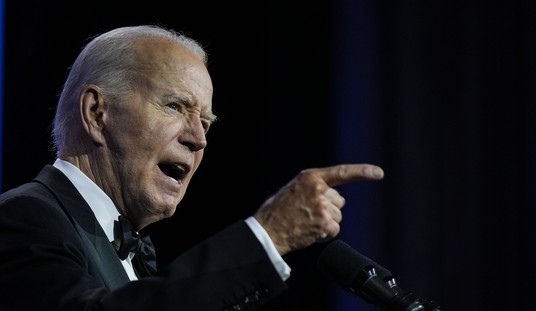Well, no. Civil wars are always brutal, especially when a minority ruling class feels they’ll be exterminated should they lose. The old formula for Middle East domestic “peace” is for a minority to hold power so they won’t feel threatened by the majority, and for the minority to be too small to run totally roughshod over the majority. Hence historically Sunni rule in Shi’a-majority Iraq, and Alawite rule in Syria. When Syria blew up, the only foregone conclusion was that it was going to be awful beyond imagining.
But don’t miss Robert Kagan’s take on the headline question:
The argument in favor of early intervention in Syria takes something for granted that is far from clear: that such an early intervention would have gone smoothly, or relatively smoothly. It may well not have. It is easy to design an intervention scenario on a newspaper opinion page, where none of the details have to be explained beyond the 1,000-word article limit. It is another thing to actually have to plan and carry out such an intervention, even if it does not involve the insertion of troops. Advice was legion on the op-ed pages about intervention in Libya. Libya is now a failed state. And Libya was simple compared to Syria. To say that intervention in Syria in 2011 would have been easier than in 2014 is to miss the point: Even intervention in 2011 would have been fraught with great risks.
Three years ago, there was a significant likelihood of an American-led intervention leading to a circumstance where Obama would have midwifed to power a jihadi state — if not immediately, then eventually. For while jihadi fighters were not as numerous in Syria as they are now, the “moderate” opponents to Bashar al Assad were distinctly unimpressive in their organization, even as Sunni extremist attitudes to al Assad’s Shia-trending Alawite rule had been building for decades behind the scenes.
The Israelis, who actually have to live next door to Syria, rather than merely deal with it as an issue from thousands of miles removed, have always been deeply uneasy about toppling al Assad for the very reasons I have outlined.
Bingo. “Hands off” was always the best policy. The problem for us was when Professor Ditherton Wiggleroom drew a red line in Syria’s sands regarding chemical weapons, but lacked the will, the means, or the allies to enforce it. He then had to allow Vladimir Putin to pull his bacon out of the fire, and must continue to rely on Putin if Assad is ever going to turn over more than a tiny fraction of his chemical weapons.
Whatever remains of Wiggleroom’s reputation lies among the 146,000 of Syria’s dead.










Join the conversation as a VIP Member